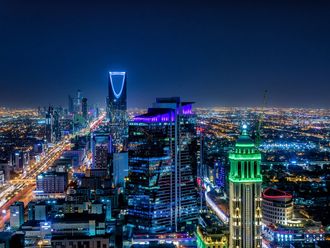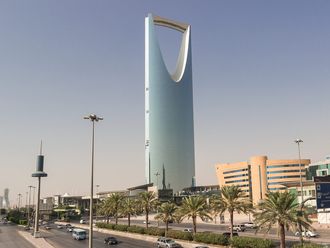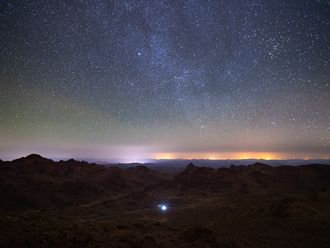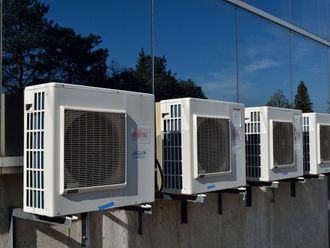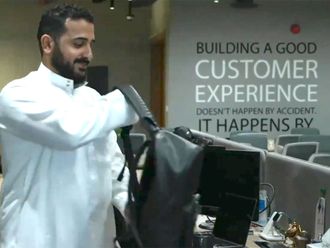
Khobar, Saudi Arabia: Top oil exporter Saudi Arabia said it would set up a scientific centre for civilian nuclear and renewable energy to meet rising demand for power and desalinated water, state news agency SPA said on Saturday.
Fast growing power demand is forcing Saudi Arabia to look at all sources of energy, the kingdom's deputy minister of electricity, Saleh Alawaji said last month.
Demand for power grew last year by more than 8 percent and is expected to grow to more than 60,000 megawatt (MW) by 2020.
The Gulf Arab state is investing $80 billion to boost installed power generation capacity to around 67,000 MW by 2020, up from 46,000 MW now.
King Abdullah ordered the creation of a science complex named after him which would be headed by former trade minister Hashem Bin Abdullah Yamani.
SPA gave no more details or timeframe for the project but said the complex would be based in the Saudi capital Riyadh.
The centre would be in charge of promoting research and sealing future deals, SPA said. It would also oversee activities related to the use of nuclear energy.
"The kingdom is witnessing sustained growth in demand for power and desalinated water due to high population growth and subsidised prices of water and power," SPA said.
"Thus the use of alternative, sustainable, reliable sources to produce electricity and desalinate water reduces reliance on hydrocarbons ...extends the lifespan of hydrocarbon resources and preserves it as a source of income for a longer time," it added.
Saudi Arabia aims to increase the use of crude oil for power generation to 2.5 million barrels of oil equivalent (BOE) on a daily average by 2020 from 1.5 million BOE in 2009, Alawaji told Reuters earlier this month.
Last year, France's Economy Minister said Saudi Arabia and France were close to finalising a civilian nuclear energy cooperation agreement.
The kingdom's Minister of Water and Electricity then said the Middle East's largest economy was considering building its first nuclear power plant.
Neighbouring Kuwait agreed on Friday with France to develop nuclear energy for peaceful purposes.
The United Arab Emirates was the first Gulf Arab country to take the nuclear route, in a bid to meet rising electricity demand for a fast-growing population.
In December, it awarded a deal worth up to $40 billion, one of the largest ever awarded in the Middle East, to a South Korean consortium to build and operate four nuclear reactors on its soil. [ID:nLDE5BQ021]
The UAE, the world's third-biggest oil exporter, has plans to build its first nuclear reactor by 2017. It will also host the International Renewable Energy Agency's (IRENA) newly-created headquarters.


